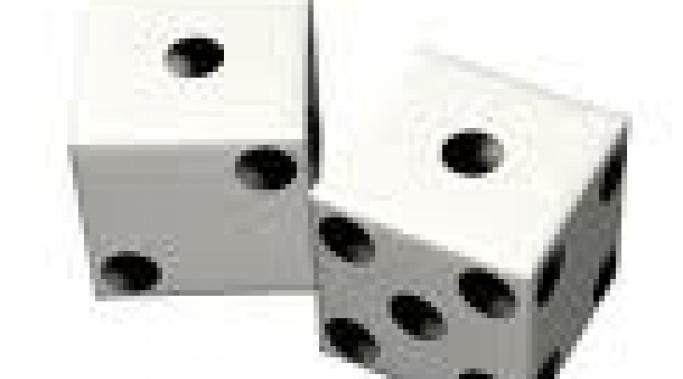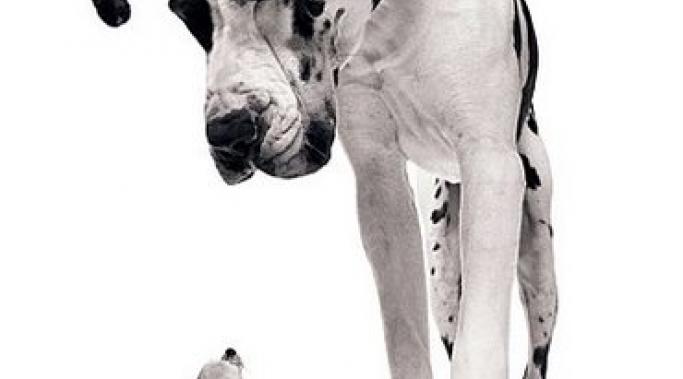At first your child's new habits seem normal, even admirable: a diet to shape up or new health-conscious habits. Then it seems to be getting extreme: refusing to eat what the family is having, and questioning every ingredient. One day, you realize this isn't a phase, this is an eating disorder, and the eating disorder can get very ugly, very fast. As a parent, it's important to support your child and not to demean them for their mental illness. It's important to separate your child from the eating disorder.
mental illness - Eating Disorder Recovery
It sounds like a reasonable question: "What is your ideal body weight?" But beware: this is a technical term that is often confused for what it sounds like: an aesthetic ideal.
Have you noticed that it is just assumed in our society that everyone wants to be thin? Thin is never defined, and seems to mean "smaller than anyone else in the room." Everyone seems to agree that being thinner is a constant quest, and that the only difference between people with an eating disorder and everyone else is how strong that "drive for thinness" is. I don't buy it, and I'll tell you why.
When our family is dealing with a horrible situation, it is natural to want others to understand OUR issue. I wish it didn't have to be a competition. We are all in this together.
Parents struggle with their child's wanting vs needing to exercise during eating disorder treatment. We wonder if exercise is healthy or not, and how much exercise is okay (Eating Disorders: Compulsive Exercise In Teens). Here's what I've learned to listen for: "want" vs. "need."
When I ask people to care about eating disorders, it is very common for them to come back with "but obesity is such a big problem." I'm not sure why the two things are seen as opposites, but I think we'd benefit from taking a different look at both issues that may lead us to see some common goals and a common approach.
I used to believe an eating disorder was a choice. I thought extreme food choices and overblown beliefs about food and weight and the body as eating disorders, by definition. I thought these weird food choices needed to be dealt with by explanations and logic and stern words. It was clear to me that people who fasted half the day were internalizing their moral asceticism and people who dieted and then overate were more silly than anything.
The public doesn't need help describing anorexia and bulimia and other eating disorders. Ask most people "What is anorexia?" and they'll have an answer, an opinion, and a list of people they know who have it. We can define it, but unfortunately our ideas are often wrong. That's why we need the "DSM," which stands for the Diagnostic and Statistical Manual published by the American Psychiatric Association.





